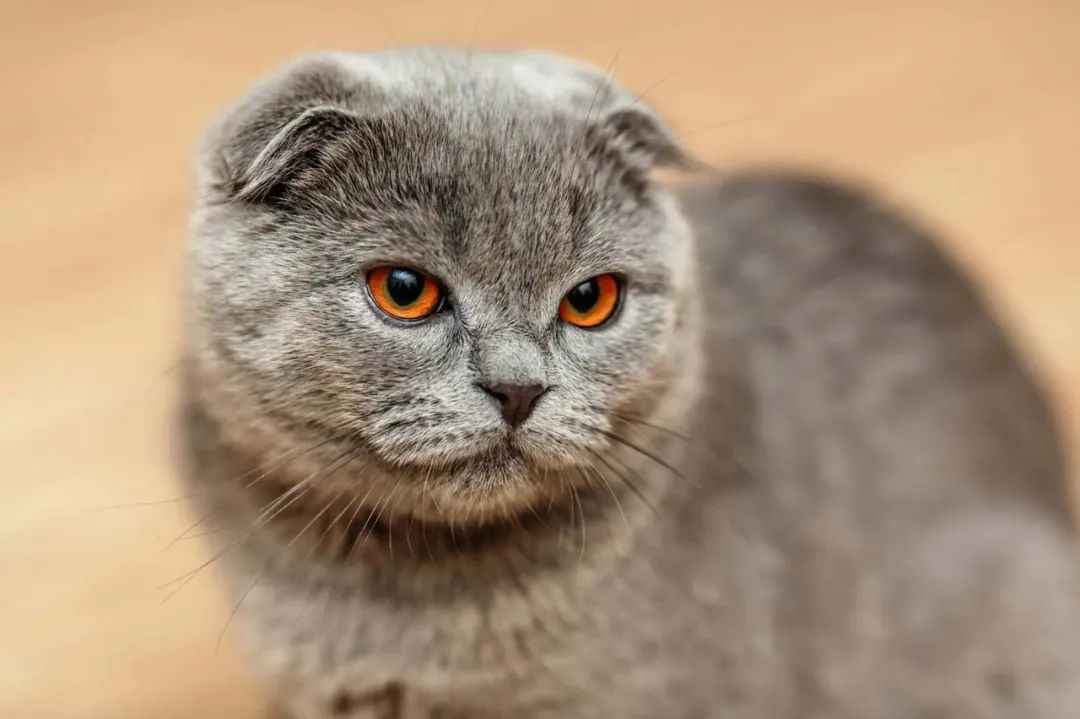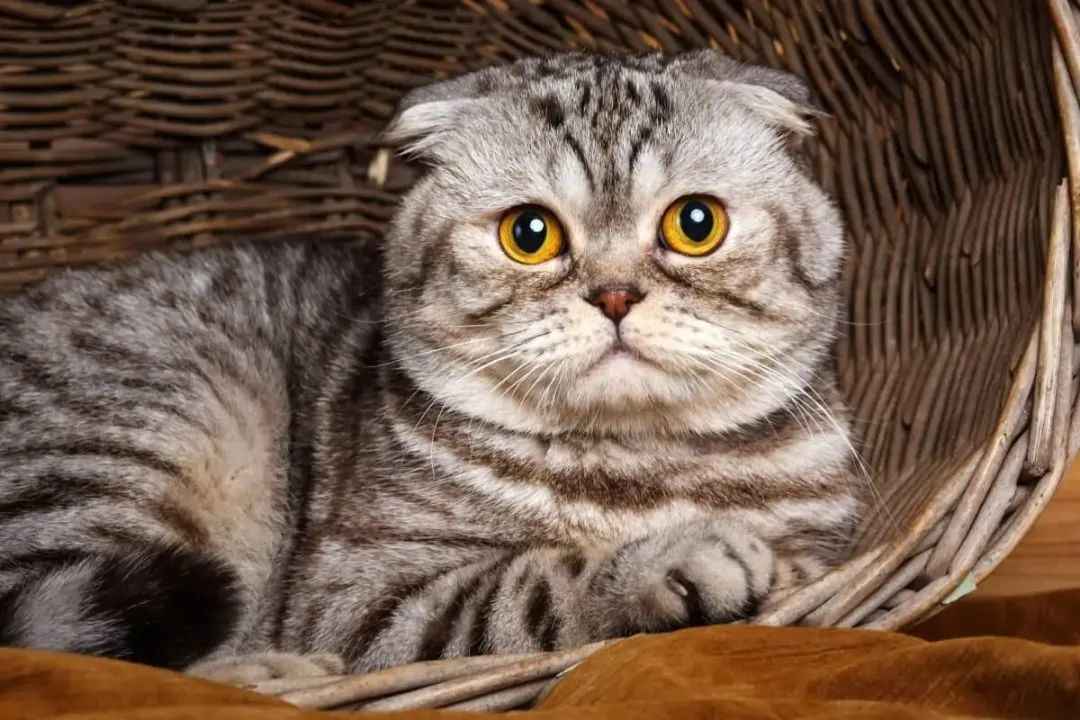
In recent years, the Scottish Fold cat has become an internet sensation, celebrated for its distinctive folded ears and owl-like appearance. However, behind the adorable facade lies a dark reality rooted in genetic abnormality and ethical debate. This breed, born from a spontaneous mutation in a Scottish barn cat named Susie in 1961, has sparked global controversy over its health implications and breeding practices.
The fold in the cat’s ears is caused by a dominant genetic mutation affecting cartilage development, leading to osteochondrodysplasia—a condition that causes chronic joint pain, bone deformities, and progressive arthritis 310. Scientific evidence confirms that all Scottish Folds, whether homozygous or heterozygous for the fold gene, suffer from varying degrees of this incurable disease. Symptoms range from stiff tails and shortened limbs to debilitating lameness, often forcing owners to consider euthanasia due to unbearable pain 311.
Despite these risks, the breed’s popularity surged, fueled by celebrity ownership. Stars like Taylor Swift and Ed Sheeran, who frequently feature their Scottish Folds on social media, inadvertently amplified demand 18. This trend has drawn criticism from animal welfare groups, including the British Veterinary Association, which calls for a breeding ban, and Germany, which classifies the practice as "torture breeding" (Qualzucht) 78.

Source: Images from the Internet, if there is any infringement, please contact the removal of
Breeding guidelines attempt to mitigate risks by pairing Scottish Folds with straight-eared cats like British Shorthairs. However, even heterozygous kittens face lifelong health challenges. The Governing Council of the Cat Fancy (GCCF) banned breed registration in the 1970s, yet the breed remains recognized by other organizations, perpetuating its existence 412.
The Scottish Fold’s story underscores a broader crisis in pedigree breeding, where aesthetics often override animal welfare. While some argue for responsible ownership and veterinary care, critics emphasize that the breed’s very existence is inherently unethical. As awareness grows, calls to phase out Scottish Fold breeding are gaining traction, urging consumers to adopt rescue cats instead 18.
In 2025, the average cost of a Scottish Fold kitten ranges from $500 to $3,000, reflecting both its rarity and the ethical compromises embedded in its creation 9. For now, the breed’s future hangs in the balance, caught between adoration and condemnation—a poignant reminder of the price paid for human desire.






